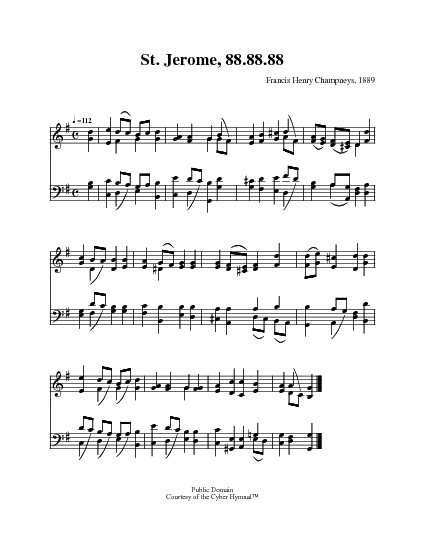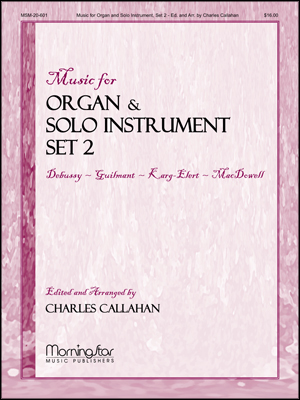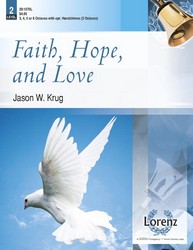Common Praise (1998) #327
Display Title: Lo, God Is Here! Let Us Adore First Line: Lo, God is here! Let us adore Tune Title: VATER UNSER (OLD 112th) Author: Gerhard Tersteegen (1697-1769); John Wesley (1703-1791) Meter: 88 88 88 Scripture: Genesis 28:10-22; Exodus 3:1-15; Exodus 19:9-25; Exodus 33:12-23; 1 Chronicles 29:6-20; Psalm 141; Isaiah 6:1-8; Ezekiel 1:1 - 2:2; Romans 12:1-21; Hebrews 12:18-29; Revelation 4:1-11; Revelation 19:1-10 Date: 1998 Subject: Gathering of the Community | ; Praise of God |
Common Praise (1998) #327


 My Starred Hymns
My Starred Hymns









